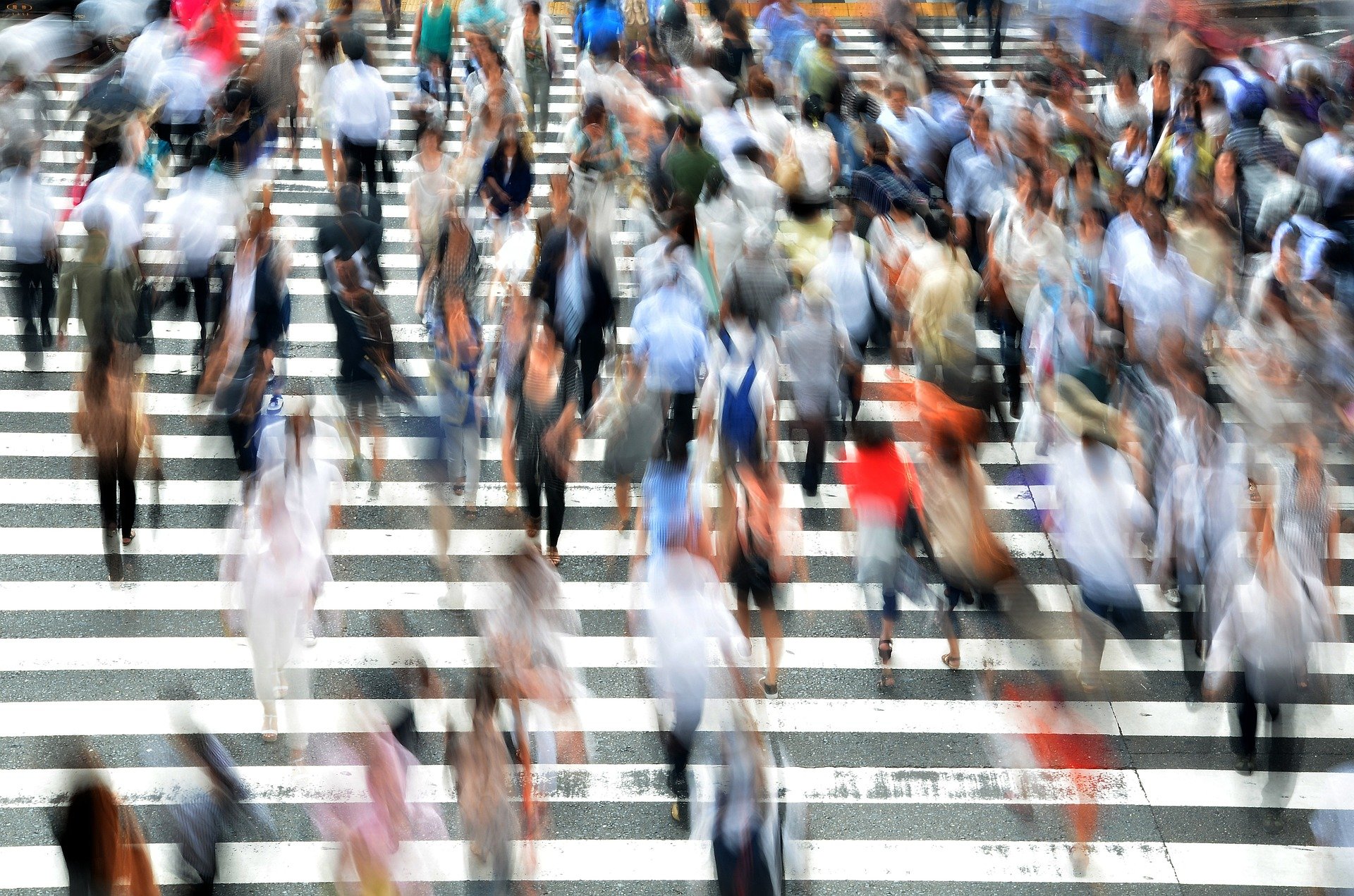
Making the Case for Abolishing Criminal Defamation Laws
INTRODUCTION
Defamation is generally defined as false statements that damage the reputation of another person or entity. Although defamation laws exist to protect individuals from having their reputations intentionally and falsely harmed, these laws should not be overreaching, over broad, criminal in nature, or misused to silence human rights advocates, including those fighting against human trafficking. Under international human rights law, restrictions on freedom of expression to protect the rights or reputations of others are typically only permitted when the restrictions are necessary and narrowly drawn.
Despite international human rights law, governments and corporations have sometimes used criminal defamation laws in certain countries to stifle the activities of human rights defenders, particularly those working on corporate accountability. In 2017, the Business & Human Rights Resource Centre tracked 388 cases of attacks on human rights defenders working on corporate accountability, some of which were in the form of judicial harassment. This harassment, often a disproportionate response to statements sometimes as small as social media posts, has a chilling effect on activism and prevents corporate accountability.
Many international organisations have advocated for a repeal of criminal defamation laws. States should review legislation concerning freedom of opinion and expression and should amend or repeal any provisions that do not comply with relevant international human rights standards. These include provisions that impose undue restrictions for reasons of national security, public order and public health or morals beyond what is permissible under international standards. Defamation and similar offences – including those committed online – should be dealt with exclusively under civil law.
The repeal of criminal defamation laws can help narrow the gap of power and resources between large corporations and grassroots human rights defenders, and thus, enhance transparency and accountability for human rights abuses. Some countries such as the US, UK and Australia have already taken positive steps by repealing criminal defamation laws. However, there remains a need to amend the laws in Southeast Asia to prevent, or at least restrict, defamation claims from being used to dampen or defeat human rights defenders’ efforts, including anti-human trafficking efforts.
To read the full report click here.
Liberty Asia is made up of a group of dedicated professionals who feel strongly that a more effective, coordinated response to slavery is essential and that leveraging technology available to the corporate sector and providing it to the NGO sector will facilitate this response. Liberty Asia’s goal is to provide new solutions to change the way slavery and trafficking is addressed. We’re working with established anti-slavery organisations to create a united front to fight slavery in Asia.
